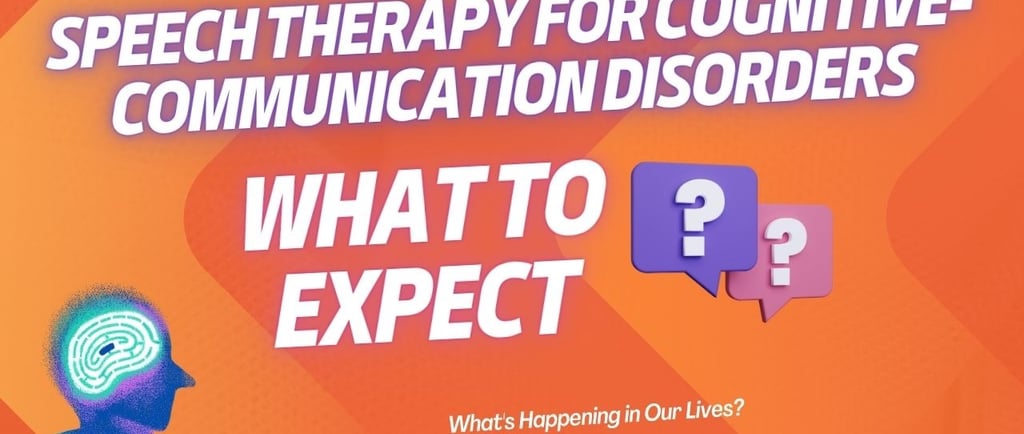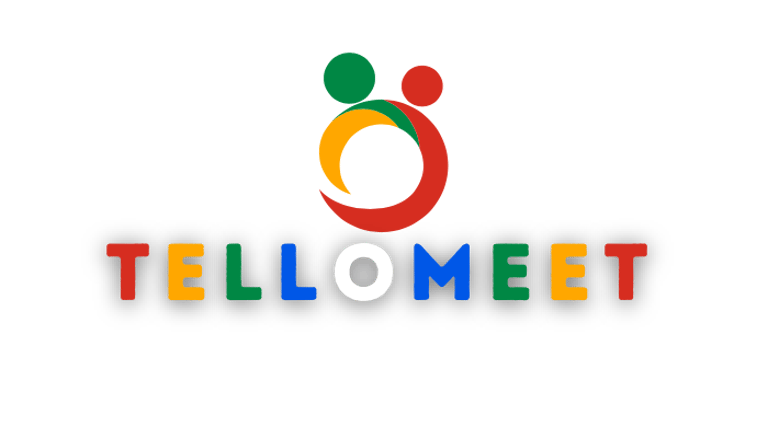Online Speech Therapy Platform
Speech Therapy for Cognitive-Communication Disorders: What to Expect
How Therapy Helps Improve Memory, Attention & Executive Function
COGNITIVE-COMMUNICATION DISORDERS
selvakumar
7/23/20252 min read


🧠 Introduction
Cognitive-Communication Disorders can significantly affect a person’s ability to think clearly, express themselves, and engage in everyday tasks. Often resulting from stroke, traumatic brain injury, or neurodegenerative diseases, these disorders disrupt memory, attention, problem-solving, and more.
Thankfully, speech therapy is one of the most effective treatments for managing and improving these symptoms. In this blog post, we’ll walk you through what to expect from speech therapy for cognitive-communication disorders — from assessment to recovery strategies.
💡 What Are Cognitive-Communication Disorders?
These disorders occur when brain-based impairments affect communication skills, such as:
Understanding and processing language
Organizing thoughts
Remembering conversations or instructions
Making decisions and solving problems
Participating in social interactions
🧪 Step 1: Comprehensive Assessment
Your therapy journey typically begins with a comprehensive cognitive-communication evaluation by a certified Speech-Language Pathologist (SLP). The therapist may assess:
Short-term and long-term memory
Attention span and focus
Problem-solving and reasoning
Organizational skills and sequencing
Social communication cues
The goal is to identify specific deficits and create a custom treatment plan tailored to your daily needs.
🎯 What Areas Does Therapy Target?
✅ Memory
Visual memory exercises (e.g., recalling images)
Verbal memory training (e.g., remembering word lists or instructions)
Use of compensatory tools like journals, calendars, or mobile apps
✅ Attention
Activities that build sustained, selective, and divided attention
Tasks to reduce distractions and improve focus in noisy environments
Mindfulness techniques and pacing strategies
✅ Executive Function
Planning and organizing routines
Setting and achieving goals
Making decisions with logical steps
Task switching and time management strategies
✅ Communication Skills
Word-retrieval techniques
Conversational cue practice
Social role-playing to improve pragmatic language
Learning how to stay on topic and listen actively
💻 Is Online Speech Therapy Effective?
Absolutely. Platforms like Tellomeet allow individuals to access cognitive-communication therapy from the comfort of home. Online therapy is:
Accessible — Great for those with mobility issues
Flexible — Fits your schedule
Consistent — Encourages continuity of care
Therapists can use screen-sharing, interactive activities, and video tools to create engaging sessions tailored to your needs.
🙌 What to Expect Over Time
Recovery and improvement vary by individual. With regular sessions and support, patients often experience:
Improved mental clarity and focus
Better organization in daily life
Stronger relationships due to improved communication
Enhanced confidence in social and work settings
👥 Family Involvement
Family and caregiver support is key. Therapists often involve loved ones in sessions to help reinforce techniques and provide communication support at home.
🧠 Final Thoughts
Cognitive-communication therapy isn't just about speech — it's about helping individuals regain control of their daily lives. Whether you're recovering from a stroke or managing a progressive disorder, speech therapy can bring hope, function, and clarity back into your life.
If you're ready to take the next step, platforms like Tellomeet are here to help with expert therapists specializing in neurorehabilitation.
